Another interesting week of technology and science announcements has led me to pick the following five stories:
- World’s Biggest Companies Tackling Climate Change;
- Idaho Potato Gets Better by Mixing Genes from Five Spud Varieties;
- Google Timelapse Shows Decades of Planetary Change in Seconds;
- Peugeot Invents Hybrid Car That Runs Using Compressed Air;
- One Way Ticket to Mars Sees 78,000 Sign Up in the First Two Weeks.
Climate Change and Big Business – They Get It
In the last month 33 major American companies, representing almost a half-million jobs and annual revenues of $450 billion, signed a climate declaration (seen below) which states:
“The very foundation of our country is based on fighting for our freedoms and ensuring the health and prosperity of our state, our community, and our families. Today those things are threatened by a changing climate that most scientists agree is being caused by air pollution. We cannot risk our kids’ futures on the false hope that the vast majority of scientists are wrong.”
These companies have committed to confronting the challenge by using less electricity, driving more efficient vehicles, choosing clean energy sources, and inventing new technologies to combat climate change. They also call on the American government to surrender to the facts and legislate policy to limit carbon emissions and promote clean energy. That’s a far cry from what is coming out of the mouths of many in the U.S. Congress in recent days.
Gene Altered Idaho Potato is Simply Better Says J.R. Simplot Co.
Still awaiting USDA government approval a new genetically modified (GM) potato is ready for potato farmers to plant. Created by J.R. Simplot Co., the potato combines the genes of five different potato varieties. The key benefits are two.
- A reduction in black spot bruising which can affect up to 5% of a farmer’s yield;
- Reduced amounts of acrylamide, a neurotoxin and potential carcinogen that is common to most varieties of potatoes when cooked at high temperatures.
The new potato has a longer shelf life and doesn’t turn brown in a few minutes after being cut (see a comparison in the images below). For those hoping that there is a nutritional benefit from this new breed. Sorry! The real net benefits are better yields for farmers and less waste in food preparation.
Simplot is one of the biggest suppliers of potatoes to McDonald’s, other fast-food chains and mass market grocery stores.
New Google Timelapse Shows Evolving Landscapes in Seconds
If you haven’t visited the Timelapse web page I urge you to do so. There you will find remarkable time lapse pictures compiled from two generations of Landsat satellites that date back to 1984. Eight satellites in total have contributed over 900 terabytes of data contained in 2 million images.
It’s like watching a sophisticated flip book as cities erupt from desert land, glaciers melt away before your eyes, or forests disappear. Each image contains 1.8 trillion pixels per frame. Compare that to high definition TV at 2 million pixels and you begin to appreciate the level of detail preserved from these Earth-observing satellites.
The Timelapse site lets you do a search on any location and watch as the image evolves from 1984 to 2012. I did Toronto, my home town. Check out yours and then look at some of the nine sample images provided. These strikingly show retreating glaciers, the impact of urbanization on desert landscapes, growing deforestation in Amazonia, and the scarring of the landscape of Northern Alberta from the expansion of oil sands production.
New Hybrid Car from PSA Peugeot Citroen Runs on Compressed Air
Debuting in March at the Geneva Motor Show, Citroen, the French car manufacturer showed a modified Peugeot 208 using a hybrid compressed air technology that uses 45% less fuel and emits only 69 grams of CO2 per kilometer. Compare that to 104 grams per kilometer for conventional diesel or internal combustion engine-driven models.
How does it work? The car’s conventional engine not only drives the vehicle but compresses air into a storage cylinder that runs below the floor between the seats paralleling the transaxle. The compressed air when released saves on the use of gas and increases driving range on a single tank of fuel by as much as 90%. When the air cylinder empties the engine reignites and begins to store air again.
The car can run solely on air power ( no internal combustion engine operating) particularly for 80% of urban driving involving speeds of 70 kilometers (43 miles) per hour or less.
No Lack of Recruits for Mars One Astronauts
It seems there are a lot of us ready to bail from planet Earth on a one-way trip to Mars. The Mars One project has received in the first two weeks of its astronaut recruitment process, more than 78,000 applicants. You can see who wants to go on the Mars One website.
Hopeful Mars colonists come from more than 120 countries with U.S. applicants in the lead, followed by those from China, the UK, Russia, Mexico, Brazil, Canada, Colombia, Argentina and India.
The deadline is August 31, 2013. The Mars One selection committee intends to pick from the application pool between 50 and 100 candidates from each of 300 geographic regions around the globe. Further hewing will end with a fourth round in 2015. At that time the final 28 to 40 astronaut candidates will be chosen to begin seven years of training for the one-way mission. The final say on who will go will be left to a global audience to vote on in the biggest reality TV show of all time. These first human colonists will then go to Mars in 2023.
A Postscript
In the last week in addition to the headlines here today I have written postings on the ecology of innovation, scramjets, a desert water harvester, a new mechanical energy storage device, GM crops and the population bomb, our energy glut, terraforming Mars and robots that can assemble IKEA furniture. It is an interesting sampling of the range of subject matter that I try to cover on this site. I hope you can delve into the archival postings and check them out.
Once again, thanks for dropping by. The questions asked and the observations you make richly contribute to the conversation.
– Len Rosen
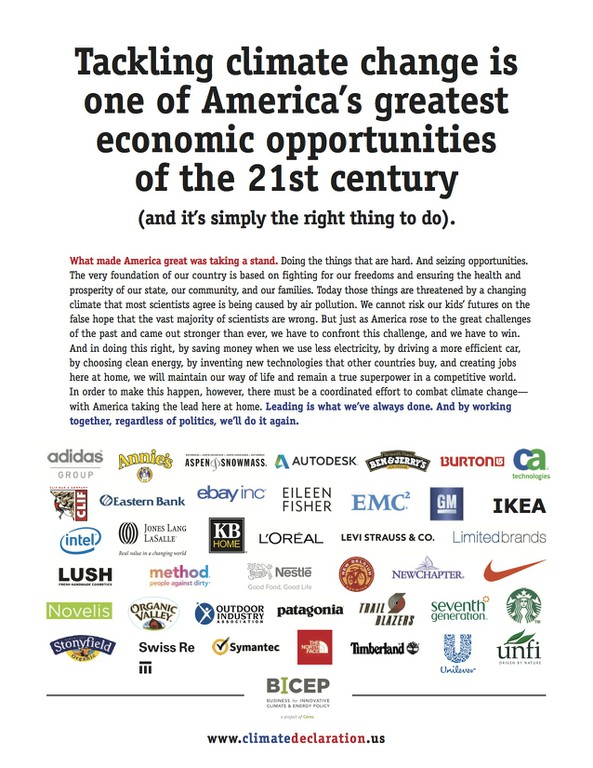
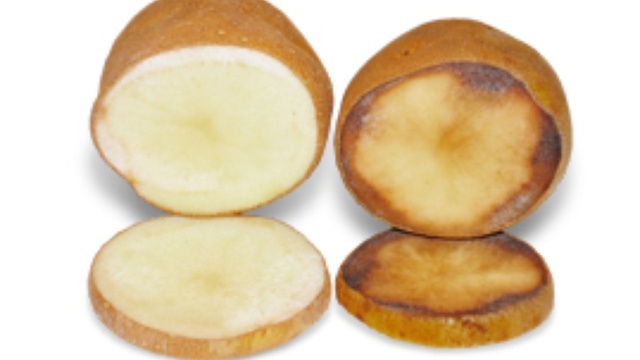

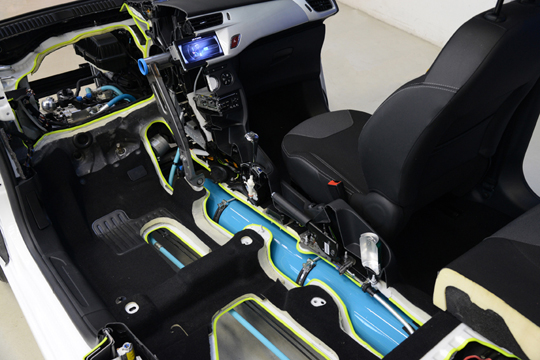
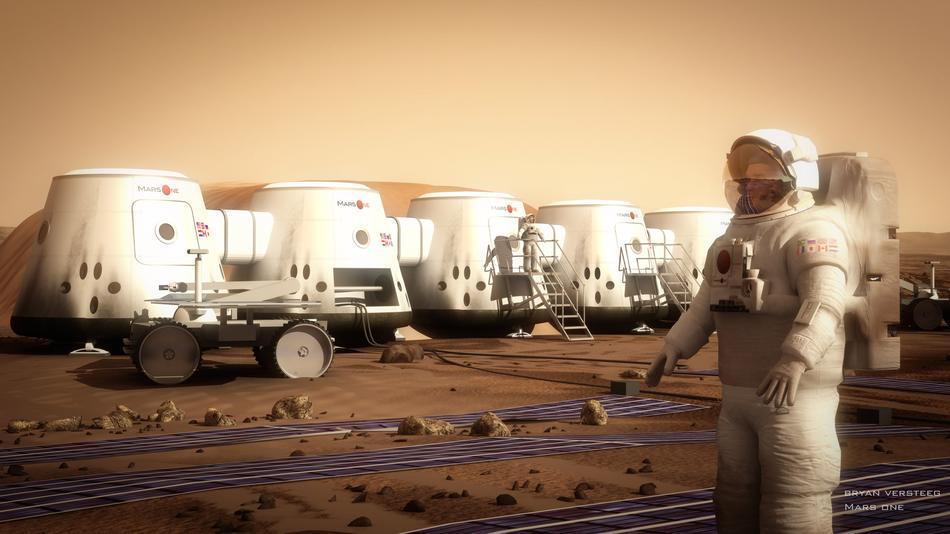

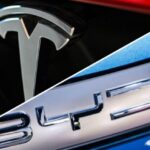







((“The very foundation of our country is based on fighting for our freedoms and ensuring the health and prosperity of our state, our community, and our families. Today those things are threatened by a changing climate that most scientists agree is being caused by air pollution. We cannot risk our kids’ futures on the false hope that the vast majority of scientists are wrong.”))
How cynical can it get? GM is busily building and selling 8-cylinder personal transportation pickup trucks, giant Yukon suvs, and Cadillac Escalades. Go to any Chevy dealer and see if the sales staff tries to pitch the fuel efficient Volt, or some huge piece of gas-gobbling road iron. The US is gradually switching its steam power plants away from coal to NG (because it’s cheaper, not because of any environmental concerns). But is coal production falling? No, the US is increasing coal production infrastructure and plans four new export terminals. The US coal production won’t be burned in the US, but in foreign markets. In the balance, more and more CO2 is dumped into the global atmosphere. The companies that signed on to the responsible environment manifesto are encouraging others to bail while they themselves enlarge the holes and drink champagne.
I am less a cynic than you. I have seen companies enter into such commitments before on other issues and over a period of time become true advocates both by words and deeds. I am hoping this is the case here.